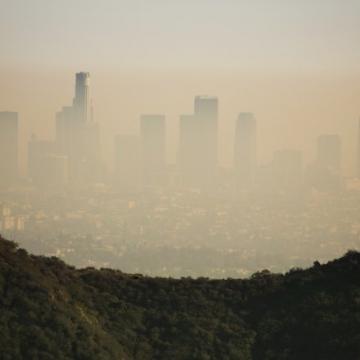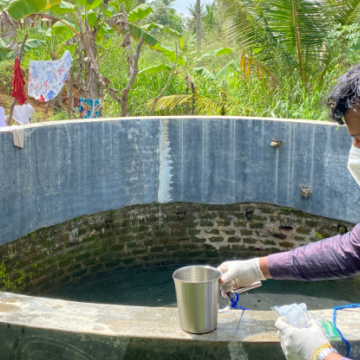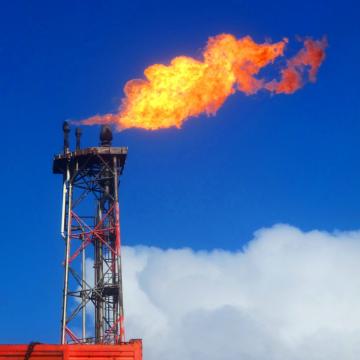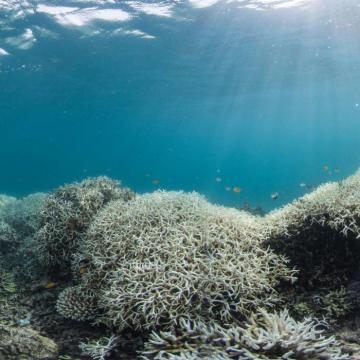-
NewsSlashing emissions of carbon dioxide by itself isn’t enough to prevent catastrophic global warming, a new study shows. But if we simultaneously also reduce emissions of methane and other often overlooked climate pollutants, we could cut the rate of global warming in half by 2050 and give the world a fighting chance.
-
NewsKate Hoffman, an assistant research professor at Duke University’s Nicholas School of the Environment, has received a $3.4 million grant from the National Institutes of Health to study the impact of early-life exposures to semi-volatile organic compounds (SVOCs) on neonatal and early childhood immune function.
-
NewsHuman activities such as marsh draining for agriculture and logging are increasingly eating away at saltwater and freshwater wetlands that cover only 1% of Earth’s surface but store more than 20% of all the climate-warming carbon dioxide absorbed by ecosystems worldwide. A new study published May 5 in Science by a team of Dutch, American and German scientists shows that it’s not too late to reverse the losses.
-
NewsA forest’s ability to regenerate after devastating wildfires, droughts or other disturbances depends largely on seed production. Findings from two new studies led by Duke University researchers could boost recovery and replanting after these disasters by providing foresters with new guidance on which tree species produce more seeds and how their productivity can vary from location to location.
-
NewsDuke researchers implement a large water sampling campaign in rural Sri Lanka, aiming to discover the origins of a cluster of chronic kidney disease cases.
-
NewsDuke has a goal of being a “climate university,” Nicholas School of Environment Dean Toddi Steelman said in introducing a panel discussion on Climate Change Science during Research Week. She said it’s a vision in which the university’s focus on climate informs every aspect of its mission, from education and operations to community partnerships – and, of course, research.
-
NewsInvesting tens of billions of dollars now in programs that enhance environmental protection and boost early-stage wildlife disease surveillance could reduce the risk of future animal-to-human pandemics by up to half and save millions of lives and trillions of dollars in losses annually.
-
NewsUsing satellite images, scientists have detected hundreds of very large and previously unreported methane releases at oil and natural gas production sites across the globe.
-
NewsA new initiative is putting a new emphasis on climate change in the curriculum, faculty and student research, campus policy and student life. "What we have to address is how do we, as one of the premier universities in the world, rise to the occasion that this moment now demands from us?” said Nicholas School Dean Toddi Steelman.
-
NewsA new analysis reveals that the majority of the ocean’s surface has experienced extreme heat regularly since 2014.
-
NewsScientists, led by alumna Jacqueline Gerson PhD'21 and faculty member Emily Bernhardt, recorded the highest levels of atmospheric mercury pollution in the world in a pristine patch of the Peruvian Amazon
-
NewsMany North American tree species have begun to slowly migrate northward in response to global warming, but western and eastern forests are responding differently. A new Duke-led study reveals why.
-
NewsThe anti-fogging sprays and cloths many people use to prevent condensation on their eyeglasses when wearing a mask or face shield may contain high levels of per- and polyfluorinated alkyl substances (PFAS), a new Duke University-led study finds.
-
NewsDeforestation and climate change have made parts of the tropics much hotter and are associated with a reduction in the number of hours each day when outdoor labor can be safely performed there, a new study finds.
-
NewsAs more and more hours of the day become too hot for outdoor labor in many tropical and subtropical regions, annual economic losses could reach $1.6 trillion annually.












